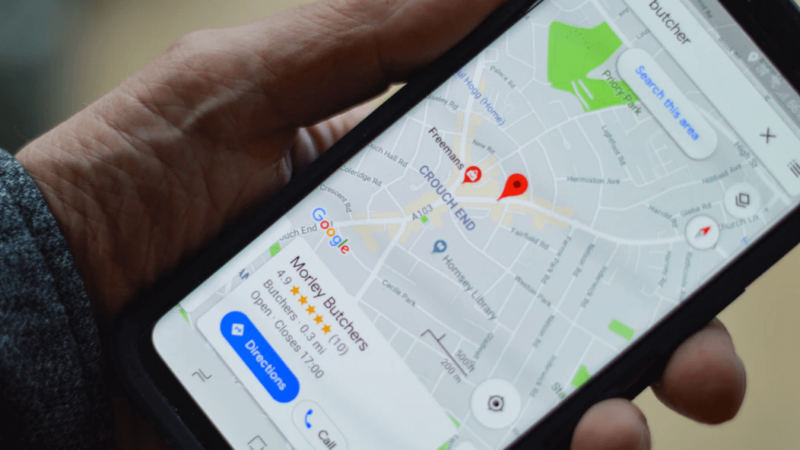At first glance, freelancers seem to have it made: flexible working hours, no daily commute through rush-hour traffic, more convenient childcare arrangements, and no demanding boss to report to.
But is the grass really greener on the other side? This R U OK Day we decided to do a bit of research to understand how freelancers have been coping in the last two years and the challenges that changing working environments have played on mental health since the start of COVID.
In 2021, Viking RAJA Group (UK) sought to answer this question by interviewing 1500 of their employees, half of them office workers and the other half freelancers working remotely.
Perhaps unsurprisingly, freelancers reported feeling considerably more depressed and lonely than office workers. In fact, this was stated as the number-one negative of working from home. Office workers, on the other hand, have daily, in-person social interactions with colleagues, reducing the likelihood of both loneliness and depression. This difference was reflected in the survey responses, with 55% of freelancers indicating that they’ve felt depressed for work-related reasons and 64% admitting to feeling lonely on a daily basis. By contrast, 30% of office workers indicated feeling depressed and 29% lonely as a result of their job.
According to the Viking survey, freelancers were not only more lonely but experienced a higher level of work-related stress, despite working fewer hours per week on average than their office-bound colleagues. Nearly 60% of freelancers worked less than 30 hours per week, while 59% of office workers worked over 36 hours. In the survey, 62% of freelancers and 55% of office workers indicated feeling stressed about work. With respect to finances, 53% reported feeling financially stressed on a day-to-day basis compared with 44% of office workers.
The higher level of financial stress associated with freelancing could arise from the struggle to find consistent work, being responsible for office-related expenses such as equipment and supplies, and lack of paid vacation time––none of which are issues for office workers. For freelancers, the boundary between work and vacation tended to blur, with approximately 30% admitting to working while on vacation compared with 17% of office workers, making it difficult to achieve a healthy work–life balance. Office workers were better able to “switch off”outside work hours.
The productivity of freelancers also tended to suffer—54% of those surveyed struggled to maintain focus throughout the day versus 33% of office workers. An inability to focus could be exacerbated by feelings of depression and loneliness, so routinely engaging in activities that promote mental well-being and connectedness with other freelancers is important.
We prioritise the mental health of our Cemohs by removing many of the insecurities that come with freelancing. On the financial front, we provide competitive remuneration that is paid on time. We pride ourselves on doing the legwork to find new clients for our freelancers—relieving the stress of job uncertainty—and handle redundant, time-consuming admin work inhouse ourselves. We check in with Cemohs regularly to gauge not only their performance but also their personal well-being as we believe loneliness doesn’t have to be part of the freelancer experience. As members of a larger team, Cemohs have access to a network of other freelancers to share ideas with and can attend social events both in person and online, providing a sense of community.
To further support our marketing consultants, we’re holding our inaugural Mental Health Awareness webinar on Thursday, 8th September. In addition to discussing mental health awareness in general, we will address how to monitor mental health, where to find professional help, and how to ask “R U OK?”—a very important question that isn’t always easy to raise.
This webinar will kick off a quarterly series that will focus on topics such as positive psychology—how to flourish by cultivating positive emotions—building resilience, sleep hacks (six out of ten freelancers in the Viking study reported poor sleep quality), and realising a sense of purpose, a key component to flourishing in both work and life.
A conversation could change your life. Let’s do this together!



